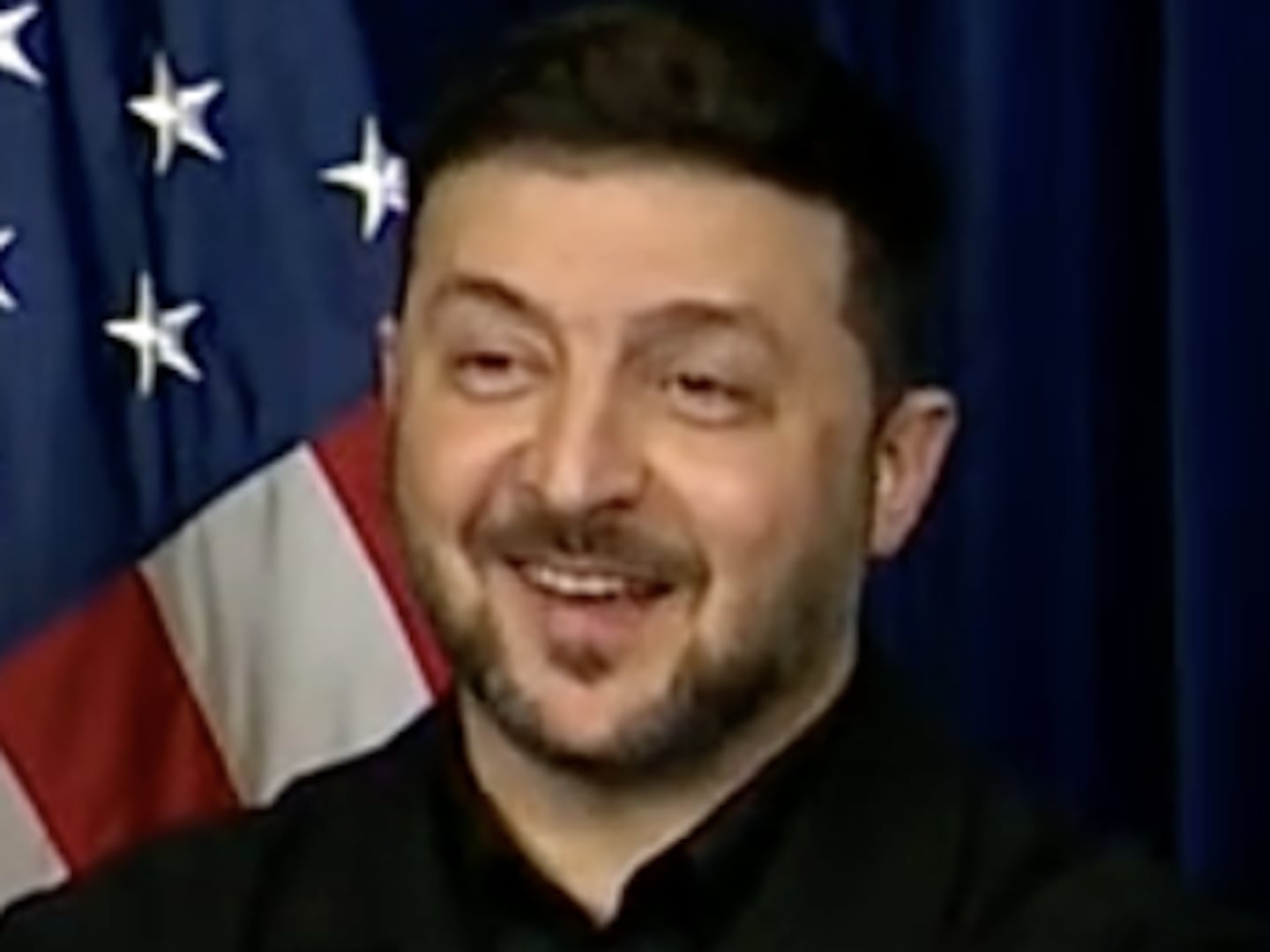
In the days to come, government, congressional, media, and academic observers will study and reach conclusions about the lessons to be learned from the failed bombing effort by Umar Farouk Abdulmuttalab aboard a Northwest flight to Detroit on Christmas Day. But the general lessons are likely to be familiar, as they reflect truths that have been taught by other terrorist efforts over the past decade.
First, the most sophisticated—and therefore the most dangerous—radical Islamist plots are global in nature, and usually involve training and advanced radicalization in a safe haven. Currently, the most dangerous safe haven is the frontier area of Pakistan, but Somalia, and now parts of Yemen, have become areas of ungoverned space where deadly plots and devices can be hatched. It remains true that our first line of defense is to take the battle to the enemy where he lives, plans, and trains recruits. That means that we will not only have to continue our use of force in South Asia, but the Horn of Africa as well.
For eight years, we frustrated plots because we spared no effort to examine and address any lead about a potential threat. But as time passed, more people began to suffer from battle fatigue.
Second, the idea that we can readily identify and profile international terrorists is dangerously misleading. Abdulmuttalab, a Nigerian, does not fit the image of a Pakistani or Arab extremist. Neither did Richard Reid, the shoe bomber, or some of the seemingly well-adjusted British plotters who intended to bomb trans-Atlantic airliners in 2006. In fact, al Qaeda has deliberately sought to recruit Westerners as operatives to take advantage of any stereotype we have about what a typical terrorist looks like. The fact that a U.S. Army major carried out a successful terrorist attack at Fort Hood ought to confound our expectations about the kind of people who become violent extremists.
• Gerald Posner: The Terrorists’ Secret Weapon• Conor Friedersdorf: Passengers Fight Back• Reihan Salam: Heckuvajob, NapolitanoThird, complacency remains an insidious flaw in our natural defenses. For eight years we frustrated plots because we spared no effort to examine and address any lead about a potential threat. But as time passed, more people began to suffer from battle fatigue or to fall prey to historical revisionism. Critics expressed concern that American security was showing an unfriendly face to the world, discouraging travel and tourism. The airline industry balked at any measure that might cost time, money, or effort in the air travel process. Civil libertarians and others stridently campaigned against stricter identification-document requirements, more accurate scanning equipment, and intelligence-driven behavioral-pattern analysis. Spending money on shoring up failing industries crowded out the necessary sustained investment in deploying technology, hiring more air marshals, and building secure infrastructure.
Christmas 2009 was an abrupt—though fortunately not tragic—reminder of what our priorities need to be:
Continue to take forceful military action against terrorist havens throughout the world. Assure that we do not cede Afghanistan to the enemy and worsen the problem. A recent high-level extremist turncoat confirmed that a tough, lethal response to terrorist acts shakes the enemy’s self-confidence and depresses their recruiting.
Connect the dots of our intelligence and be prepared to take action based on that intelligence. Squeamishness about any slight to privacy or worries about whether the evidence meets judicial standards induces the kind of bureaucratic paralysis that allows a terrorist to slip through our existing defenses. And the men and women of our intelligence community need to know that our leaders will back them up.
Reap the benefits of our technological advantage. Scanning and screening hardware and software continue to improve. But we benefit from those improvements only if we deploy them. As Christmas Day reminded us once again, to save innocent lives our security must be right 100 percent of the time; a suicide bomber only needs to be successful once. Let’s give our screeners and inspectors the tools they need so they can be as close as possible to that 100 percent.
Michael Chertoff was the second secretary of Homeland Security. He previously served as the assistant attorney general for the criminal division at the Department of Justice. As assistant attorney general, he oversaw the investigation of the 9/11 terrorist attacks. He is currently senior counsel for Covington & Burling's Washington, D.C. office and a member of the white-collar defense and investigations practice group.






